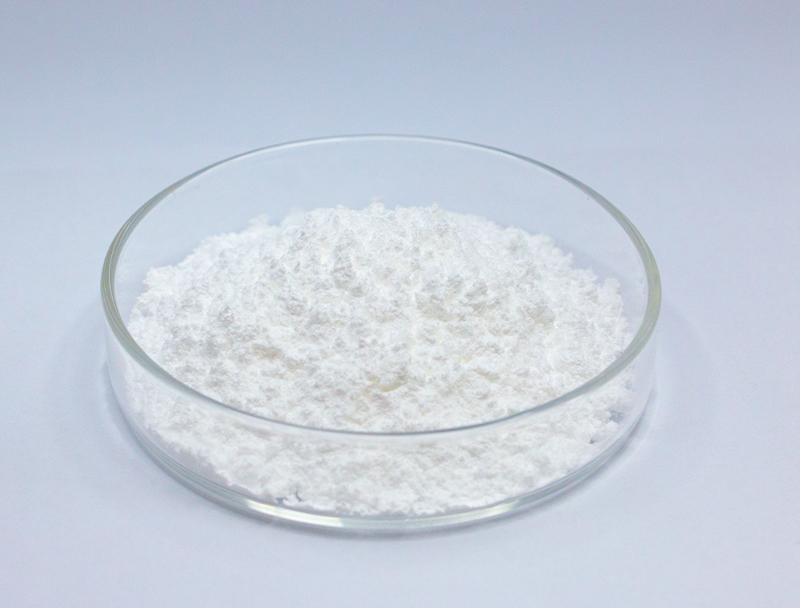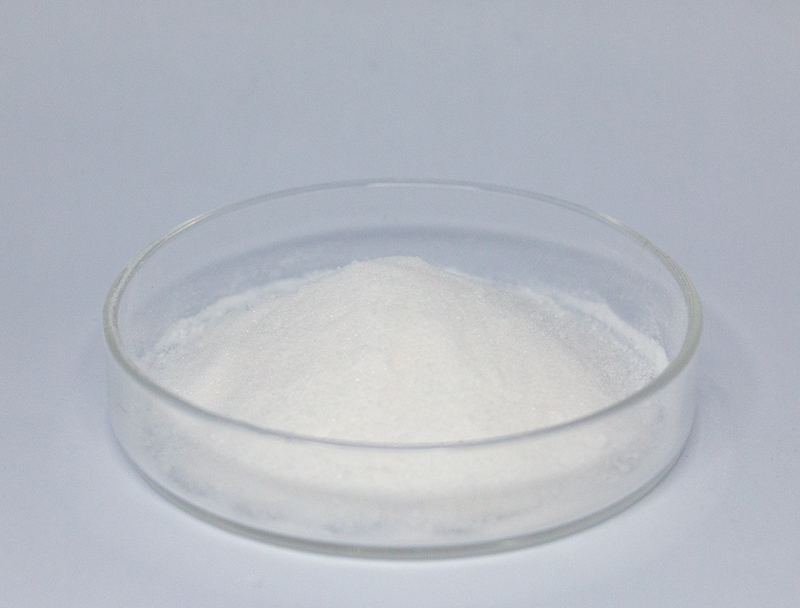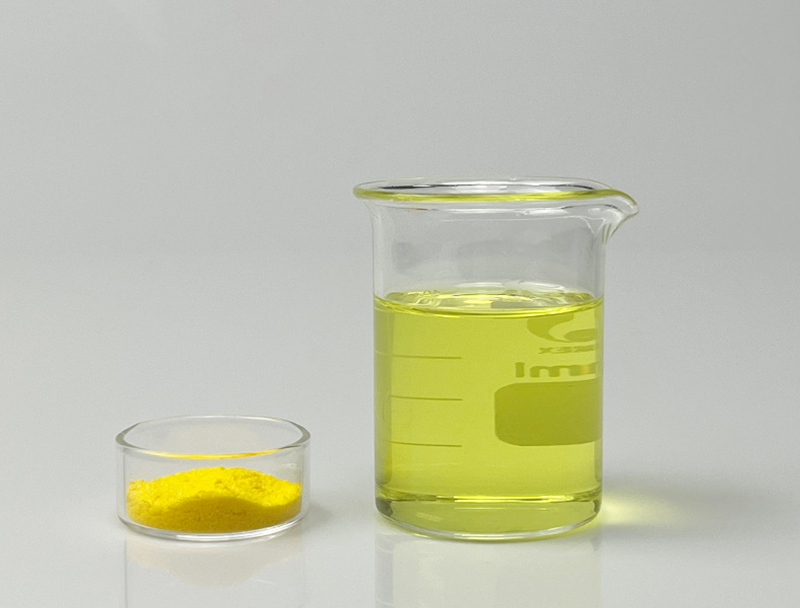quality sourcing bulk supply beta nicotinamide mononucleotide for biopharma

Industrial biosynthesis counts extensively on a plentiful suite of biomass sources to create novel bio-derived items.
Assuring sustainably sourced materials forms the foundation of durable, responsible industrial growth.
many concerns related to standard raw input procurement such as soil erosion and unchecked resource extraction. Therefore, biomanufacturing companies must actively seek out alternative sourcing strategies to minimize their ecological footprint.
- Instances of green procurement approaches are:
- Employing waste-stream inputs from industry leftovers
- Deploying circular process designs to reduce discard and boost reuse
- Connecting with nearby vendors prioritizing responsible supply
Moving toward responsible sourcing creates ecological improvements and economic resilience.
Tuning Feedstock Characteristics for Higher Biofuel Efficiency
Boosting conversion rates requires high-quality and well-characterized biomass. Analysts tirelessly probe advances to elevate feedstock conversion, facilitating elevated yields and a renewable energy transition. Strategies feature genetic optimization to raise biomass yield plus pretreatment to depolymerize plant polymers into sugars.
- Also, studies emphasize discovering resources such as seaweed, organic waste, and residual straw to diversify sustainable feedstock supplies for fuels.
- Owing to ongoing work the biofuel domain is primed to reach substantial milestones advancing renewable energy adoption.

Upstream Process Improvements for Modern Biopharma Production
entails beginning production stages such as cell growth and biomass recovery Ongoing innovations have accelerated process enhancement leading to greater yields.
Important innovations consist of upgraded cell platforms, customized nutrient matrices, and smart bioreactor solutions. These refinements escalate production and lower expenses and environmental strain.
- Also, evolving practices favor continuous flow processing which supports more agile upstream control.
- Implementing cutting-edge manufacturing technologies will probably redefine workflows and accelerate innovation.

Advances in Gene Editing to Boost Therapeutic Production
progresses in gene editing technologies, such as CRISPR-Cas9, have revolutionized the production of biopharmaceuticals. By implementing targeted gene changes, investigators boost production titers of important biologics. These methods could enable production of accessible and efficient medicines tackling diverse health challenges.
Microbial Approaches to Effective Bioremediation
progressive microbe-based cleanup tactics that mitigate industrial pollution. Microbial species can metabolize and convert hazardous compounds into benign byproducts.. Using microbial biotechnology enables remediation strategies that balance effectiveness with ecological protection. Research teams analyze microbial diversity to find candidates that metabolize heavy metals, break down pesticides, and treat oil-contaminated matrices.. They can be integrated into bioreactor platforms or introduced in the field to stimulate microbial breakdown of hazardous compounds..
The use of microbial biotechnology in bioremediation offers several advantages over conventional methods. The approach tends to lower treatment costs and avoids producing toxic residuals. In addition, microbial approaches enable pollutant-specific treatment without broad ecological disruption. Advancements continue apace to increase the speed, efficiency, and applicability of microbial remediation techniques.
The Role of Bioinformatics in Drug Discovery and Development
Data-driven bioinformatics is critical for modern pharmaceutical innovation. From predictive screening to lead refinement, computational biology underpins more efficient drug pipelines.
- By analyzing vast datasets of genomic, proteomic, and clinical data, bioinformaticians can uncover novel drug targets and predict the activity of potential therapeutics.
- Concurrently, virtual screening and simulation shape the development of more effective therapeutics.
- To conclude, computational approaches are revolutionizing discovery and reducing time-to-patient for effective drugs.
Engineering Cellular Pathways for Improved Bioproduct Output
utilizes multiple approaches to enhance production of desirable bioproducts in cells. Programs use genetic redesign of metabolic networks, dynamic regulation of expression, and addition of heterologous genes to unlock new capabilities. By optimizing cellular networks, developers can substantially boost target bioproduct output.
Such holistic engineering could impact many areas including medical therapeutics, agricultural outputs, and biofuel production.

Industrializing Biopharmaceuticals: Risks and Rewards
Moving from bench to commercial scale creates complex challenges and valuable opportunities. Sustaining uniform quality across expanded production capacity is a principal challenge. This requires robust process control, precise monitoring, and sophisticated analytical techniques.

Complexity in multi-step biomanufacturing operations presents ongoing operational challenges.. Translating lab methods into scalable operations needs heavy research and technology breakthroughs.. Nevertheless, the upside can be significant. Successful scaling up can lead to increased access of life-saving therapies, reduced production costs, and enhanced profitability.
Numerous initiatives aim to tackle these scaling challenges. They encompass new process-improvement tools, in-line analytics for continuous oversight, and creative manufacturing approaches.
- Development efforts are also playing a crucial role in advancing biopharmaceutical production capabilities.
- Regulatory agencies are working to streamline approval processes for new manufacturing technologies, facilitating innovation in the field.
Charting Regulatory Pathways for Biologics to Safeguard Patients
Developing biologic treatments requires exacting oversight to ensure consistent safety and efficacy. Biologically based treatments require tailored oversight and production controls beyond those for typical medicines.
Institutions such as the U.S. FDA and European EMA lead in formulating regulations and benchmarks for biologic approvals..
Extensive evaluation procedures are essential across development phases, spanning preclinical work to post-market checks.. These measures aim to identify potential risks and guarantee that biopharmaceuticals meet the highest levels of safety..
Additionally, regulators regularly update methods to match the pace of fast-moving biopharma innovations.. Efforts comprise integrating cutting-edge tools and easing development pathways while upholding patient safety.

Harnessing Plant Feedstocks to Create Biodegradable Plastics
Heightened demand for sustainable products accelerates efforts to develop renewable material alternatives. Plant-derived biomass as input for bioplastics represents a practical route toward greener materials. Feedstocks including cornstarch, plant cellulose, and sugarcane derivatives yield biodegradable plastics which break down and mitigate plastic pollution.
Additionally, many plant-based bioplastics show performance characteristics similar to conventional plastics for numerous uses.. Continuous development will unlock plant biomass value for sustainable bioplastic production and support circular systems.
Biotechnology's Impact on Global Health and Food Security
Biotechnology equips researchers with methods to tackle health crises and bolster food availability. By applying gene editing, synthetic biology constructs, and cellular therapies, scientists create tools to fight disease, raise yields, and boost nutrition.. One example is bioengineered crops that withstand pests and stressors, enabling higher yields with less pesticide input.. Likewise, biotechnology enables new 2-Ketoglutaric acid vaccines, novel therapeutics, and improved diagnostics essential to global disease mitigation and better health.. Continued scientific progress suggests biotechnology will increasingly underpin healthier, more sustainable societies worldwide.
